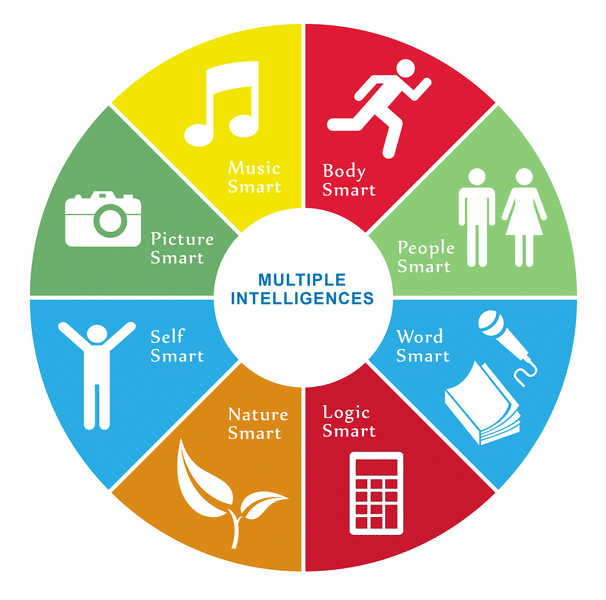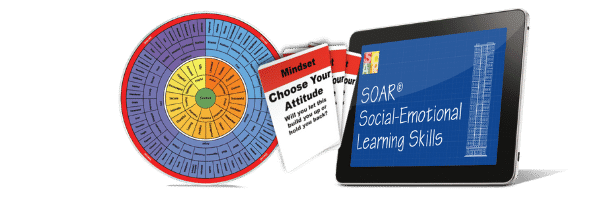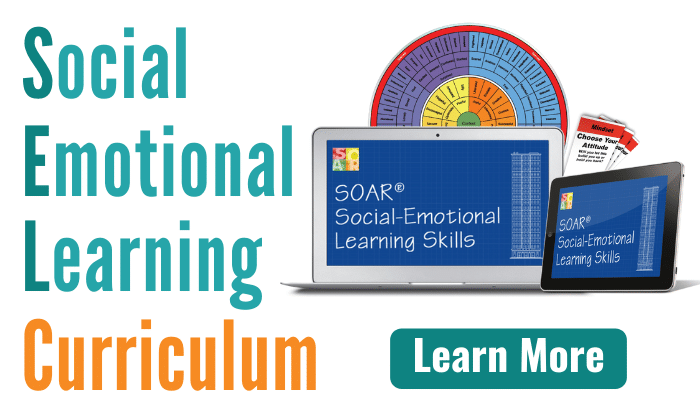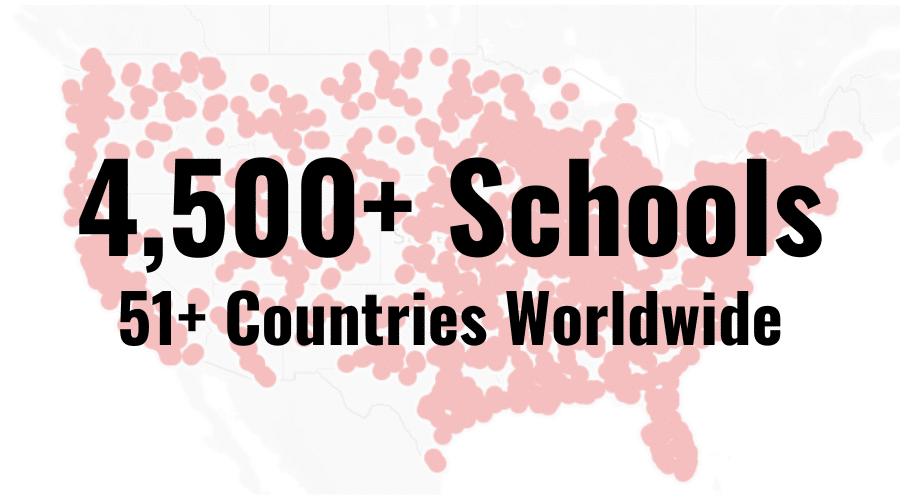Emotional Intelligence: Identify Your Multiple Intelligence
Are you smart?
You just started judging yourself.
Maybe you answered “yes.” Or, “no.” Or, maybe you waffled with indecision.

We’re asking the wrong question… Instead of “Are you smart?” we should be asking “HOW are you smart?”
As a society, we make this judgement of others all the time. Even the best teachers in education find themselves with thoughts like, “Kyle is a bright kid, he’ll learn this quickly. But Laura will likely need more support.”
The problem is… WE’RE ASKING THE WRONG QUESTION! We should be asking, “HOW are you smart?”
Why?
Because everybody is smart… in different ways. Let me tell you about Vivian, a teacher using the SOAR® Learning and Soft Skills Curriculum. She contacted us saying, “Only 25% of my students are motivated! What do I do?”
After digging deeper, we came to the conclusion that her students (all from a low socio-economic background) had given up on learning. They thought, “What’s the point?! I’m not smart anyway.” (Click HERE to read Vivian’s full story.)
Who told them they weren’t smart? It was not Vivian. It wasn’t necessarily their former teachers that directly told them this. It’s the system that sends this message to our students.
The system only measures success by two narrow factors, a student’s ability to perform in mathematics and written language. We generally ask students to read, write notes, and compute math problems. Then, we assess their proficiency with a written test that generally consists of more reading, writing, and/or mathematics.
We’ve trained students that there are only two forms of intelligence in the world. The SAT consists of three components… Critical Reading, Mathematics, and Writing. And, the ACT consists of Math, Reading, English, Writing, and Science (which is mostly critical reading and math computations).
So, if you don’t perform well in mathematics and linguistics, you typically don’t perform well in school. Then, you quickly figure out that you’re “not smart.”
However, what if we asked, “HOW are you smart?”
Meet Dr. Howard Gardner, Professor of Education at Harvard University. In 1983, Dr. Gardner proposed that there are 8 different types of intelligence. He called them the Multiple Intelligences. They are as follows:
- Spatial
- Bodily-Kinesthetic
- Musical
- Linguistic
- Logical-Mathematical
- Interpersonal
- Intrapersonal
- Naturalistic
We, at SOAR®, very much agree with Dr. Gardner’s findings. That’s why the 1st lesson in our curriculum addresses the Multiple Intelligences. We directly ask students, “HOW are you smart?” Then, we give them an easy self-assessment that immediately gives them feedback. They instantly see which of the 8 Multiple Intelligences is their strongest. Most of the time there’s more than one.
Students now see HOW they are smart (many for the first time ever). But, we don’t just stop there.
Next, we show students what kind of fun, interesting, and successful careers are held by people in all of the intelligences.
When students can see a connection between themselves and a path to a successful and interesting career, motivation rises. Without that connection, students conclude “what’s the point?” Motivation plummets. Can we blame them?
That’s how Vivian turned-around the low-motivation syndrome in her classroom… She re-visited the “HOW Are You Smart?” Lesson (Multiple Intelligences). She inspired confidence in her students. She drew the connection between their “smarts” and where they’d like to go in life. With that connection in place, she could take them down a new path… “Let me teach some additional skills to help you get to your future career.”
If your students don’t care, and motivation is at an all-time low, it’s time to ask the question… HOW are you smart? Have your student(s) take our online Multiple Intelligences assessment, here.
To teach them skills to be successful with their intelligence, check out the SOAR® Social-Emotional Learning Curriculum HERE. The app will assess your students/children and make them aware of the importance of the assessment results. Then it will teach the necessarily skills to use their intelligence to navigate school successfully and find happiness in their career.
Sincerely,
Brian
"How Do I Feel?"
Curriculum Kit
Get It FREE!
Includes the SOAR Feelings Wheel, Coping Cards, Full Lesson,
& Information on...

Delivering Student Skills in
Self-Awareness, Self-Management,
Social Awareness, & Responsibility
SOAR® in the News
The SOAR® Curriculum
The most critical learning, organizing, and communication skills needed for school. Learn more here.
Who’s Using SOAR®?




